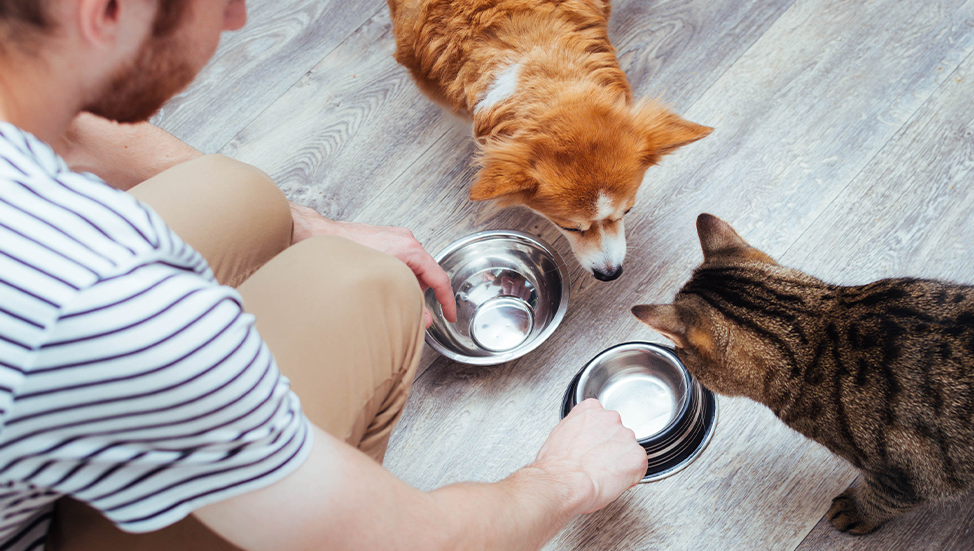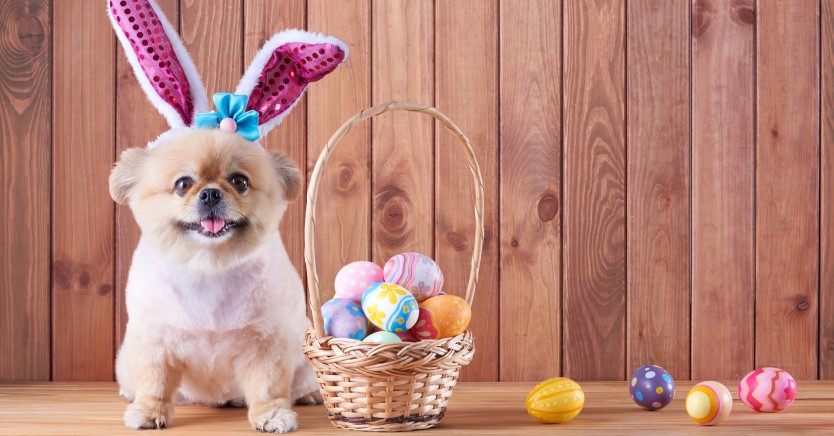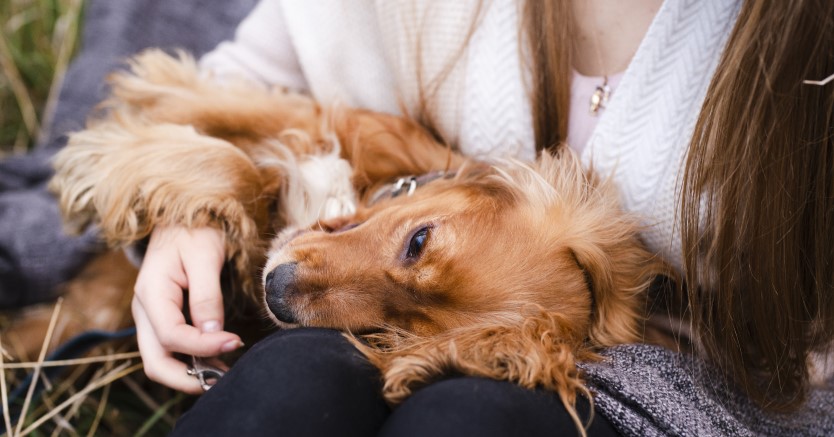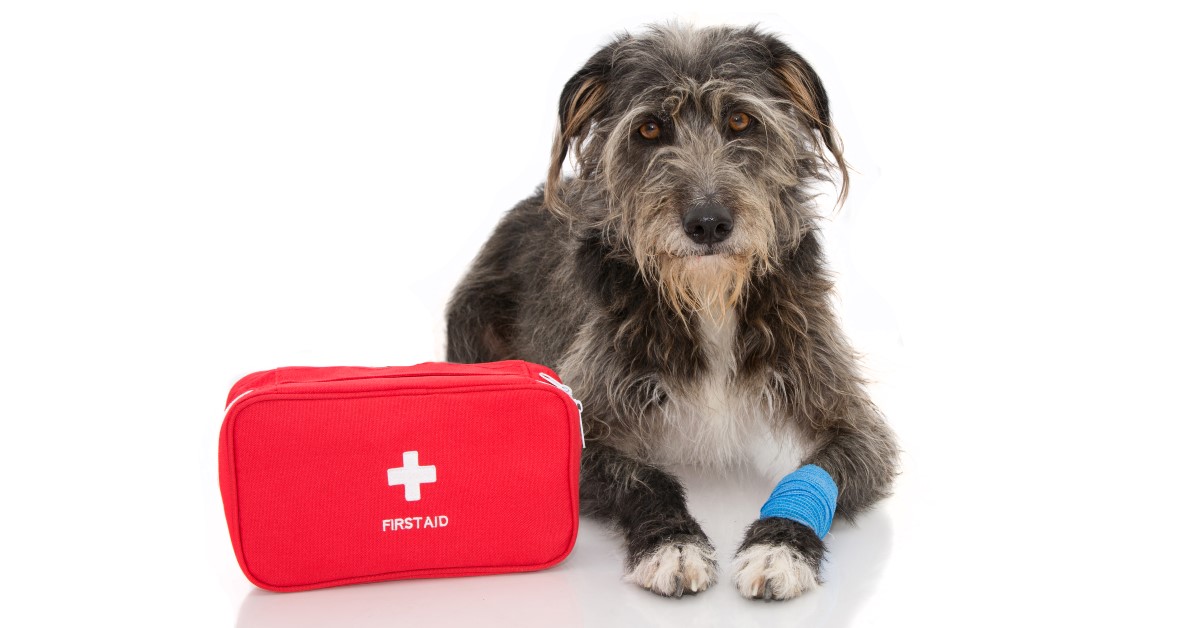Ask Dr. Jenn: Is it okay to switch up my pet's diet?
As pet parents, we like to think of our fur babies as humans, and what person wants to eat the same food every day!? However, despite our good intentions, changing our pet's food might not always be good for their health. Here's what Dr. Jenn suggests for those thinking about switching up their pet's diet.

Q: I can’t help but wonder if my pet gets bored of eating the same food all the time. Should I keep feeding my pet the same food or are there benefits to switching it up now and then?
A: Variety is the spice of life, except when it comes to feeding your pet. I know the thought of eating the same food every day sounds boring to us, but your pet doesn’t mind. Most cats and dogs are healthier when they eat the same diet every day.
Dogs and cats can have very sensitive gastrointestinal tracts. A sudden change in diet can cause an upset tummy, increase in gas, or diarrhea. This is often caused by a marked change in the amount of fat and fiber content of the different food. Switching from one flavor to another in the same food line, such as changing from chicken to beef, may only cause mild GI signs such soft stool or flatulence. However, if an adult dog gets into the puppy’s food, he may develop severe diarrhea because puppy food is much higher in fat and lower in fiber.
Another concern with a sudden diet change is food aversion. Food aversion occurs when the pet has a negative experience and associates it with a particular food. Have you ever eaten something then become sick shortly after? Now every time you think of that food, you get nauseous? It happened to me when I came down with food poisoning after eating a sandwich with sprouts. I can’t even look at sprouts anymore without feeling my stomach turn. That’s a food aversion. If your pet develops an aversion to a new food, he or she may go days without eating.
Cats are especially picky about their food. Certain cats are very particular about the texture of their food, the smell of the food, even the size and shape of the kibble. I watched a cat pick out all the cylindrical pieces of kibble and leave of the X and O shaped pieces in her bowl. It was the same food she always ate, but the food company decided to add variety with new shapes. The kitty did not appreciate the change.
There are times when you will need to switch your pet’s food – when they reach adulthood, become seniors, or need a special diet for medical reasons. Sometimes the pet food you have been purchasing for years is suddenly not available or your pet no longer likes it. In these cases, it is best to do a gradual transition from the old food to the new food. The transition should take about a week. On day one, add a small amount of the new food to the bowl and mix with the old food. Each day increase the amount of the new food and decrease the amount of the old food. After about a week, you should be solely feeding the new diet.
Not every dog or cat will develop GI signs from a sudden change in diet. Some pets seem to be able to eat anything without any problems. But you never know when your pet might get sick from a sudden diet change so generally, it’s best to stick with what you know. Trust me, it’s a lot easier and less messy than dealing with your pets’ diarrhea.
Give your furry friend a pet from me,
Dr. Jenn
Ready to start saving money on pet wellness care?
Then take a look at Mint Wellness, the pet wellness plan that provides fast reimbursement on routine pet care. Save on vaccinations, wellness exams, preventatives, dental, and more!
Learn More


